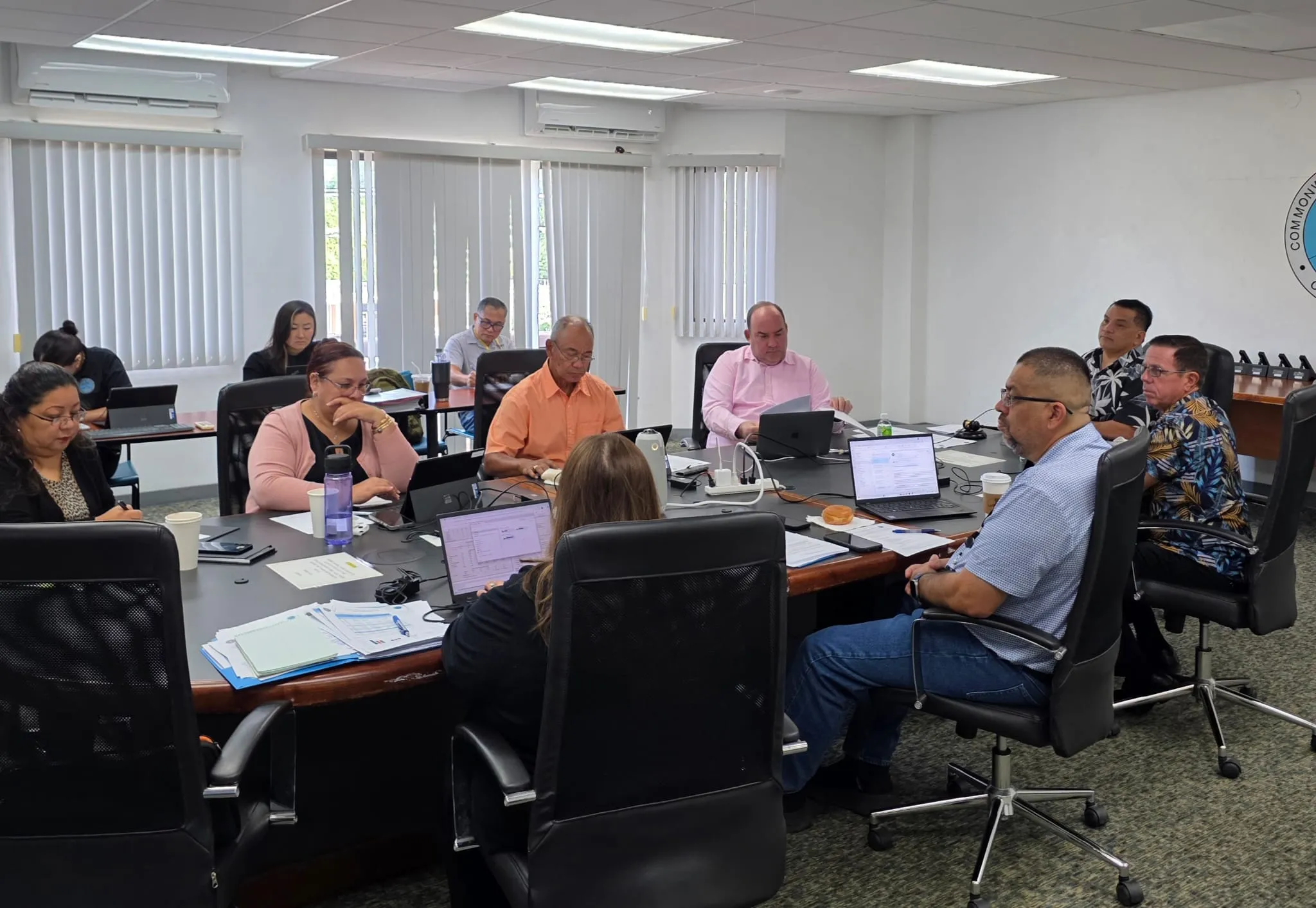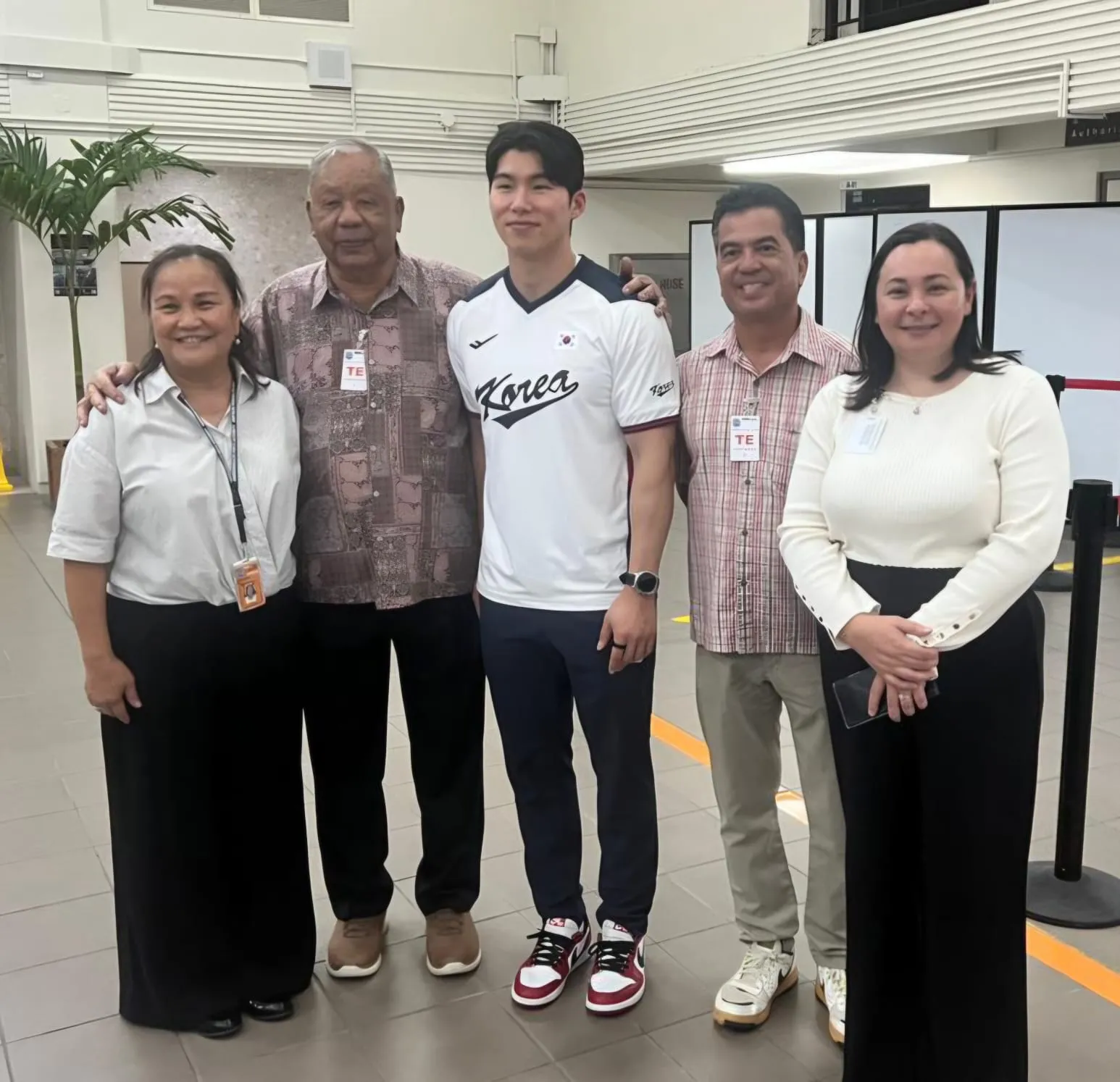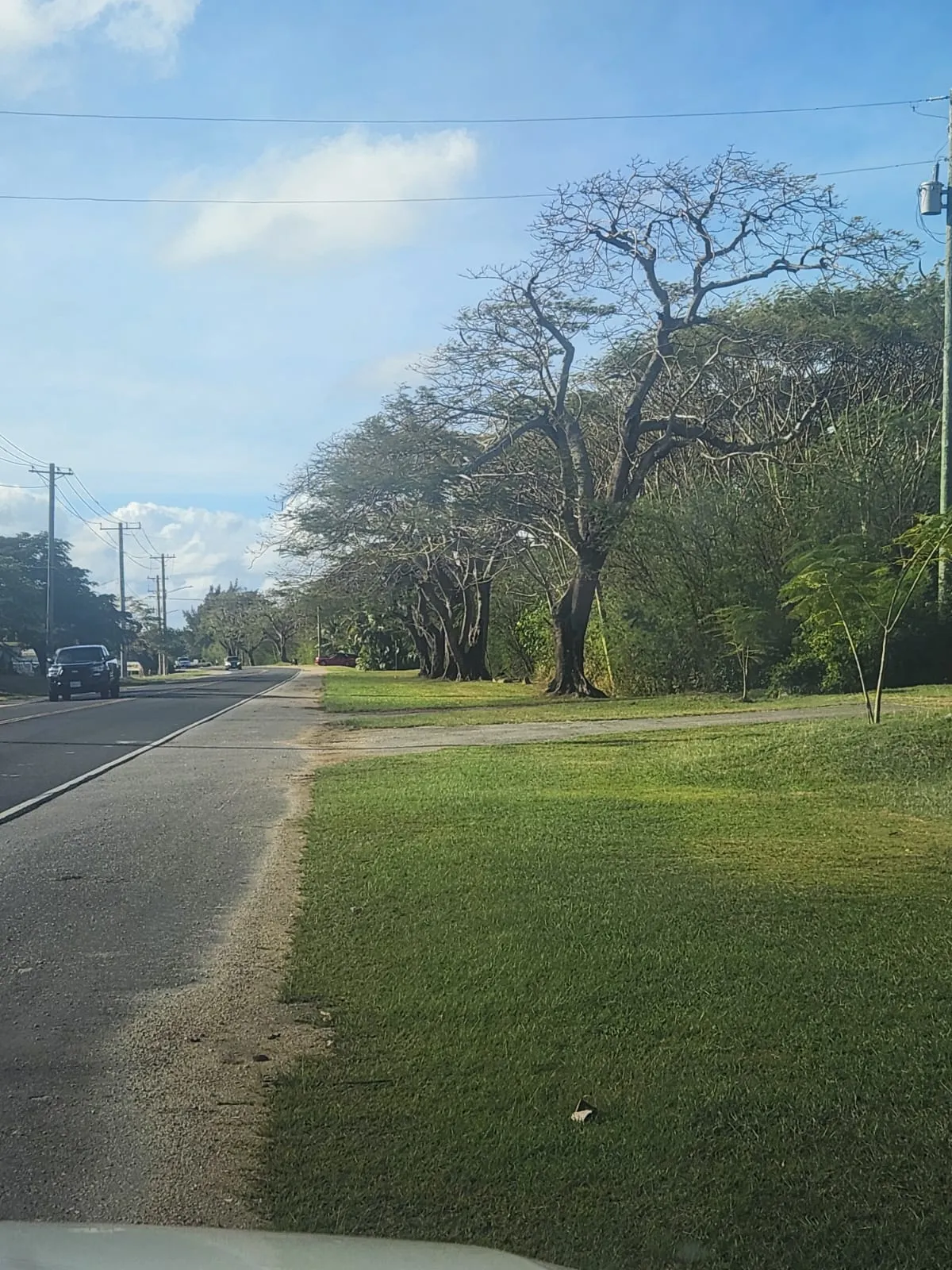
LAUTOKA (The Fiji Times/Pacnews) — The Lautoka High Court has handed down lengthy prison sentences to key players in Fiji’s largest-ever methamphetamine seizure, a 4.15-ton consignment that authorities described as a sophisticated transnational operation.
Justin Ho identified as the “main beneficiary” and “controlling authority” behind the syndicate, was sentenced to life imprisonment with a non-parole period of 30 years.
Justice Aruna Aluthge said evidence showed Ho, along with co-accused David Heritage, masterminded the shipment and directed a multi-layered criminal network.
Heritage, who owns a marine repair business and was found to be a key accomplice, received 55 years in jail with a 25-year non-parole period. Evidence linked him to the logistical operations, including working with
Ho and an Australian syndicate to transfer the drugs from a superyacht to a barge and then to storage on the mainland. Heritage’s claim of being coerced was rejected, with the court noting he was motivated by financial gain.
Jale Aukerea, a “top-tier” offender involved in financing and facilitating the drug operation, was sentenced to 50 years with a non-parole period of 25 years. The court found Aukerea, who owns a kava bar business, played a major role in storage, transfer, and processing, and attempted to flee the country with Ho and co-accused Louie Logaivau.
Sakiusa Tuva received 25 years, eligible for parole after 18 years, and was described as having a “medium role” in recruiting, transferring, and processing the drugs for local consumption. Tuva admitted to three counts of unlawful possession, with evidence showing he instructed others in moving and repackaging the consignment.
Louie Logaivau, dubbed “Justin Ho’s boy” during the trial, was also sentenced to 25 years with parole eligibility after 18 years. He was found guilty of transporting and possessing the drugs but acquitted on two counts, including possession of property suspected as proceeds of crime. Logaivau testified he was threatened by Ho and feared for his family.
Cathy Tuirabe, a “lower-tier” offender responsible for handling and processing the drugs, received 15 years with parole eligibility after 12 years. She pleaded guilty before trial, admitting she was recruited by Tuva and involved in packaging and guarding the drugs, often posing as a couple with co-accused Ratu Osea Levula to avoid suspicion.
Ratu Osea Levula was sentenced to 17 years with a non-parole period of 13 years. The court heard he was involved in handling and packaging the drugs at a property in Voivoi, Legalega. While he claimed he was unaware of the contents, a state witness testified that Levula, Tuva, and Tuirabe actively wrapped and prepared the packages. Levula, classified as a “lower-tier” offender, had posed as a couple with Tuirabe to avoid suspicion.
Viliame Colawailiku, also known as “Bill,” received 15 years with parole eligibility after 12 years. The court found him guilty of playing a logistical role in the syndicate. He admitted handling containers he believed held tile adhesive but panicked when one broke open, revealing methamphetamine. Colawailiku said he took the job to earn money for his children’s school supplies and was recruited by Tuva. The court found his testimony inconsistent, noting his prior drug-related offenses.
Aporosa Davelevu, a driver for the syndicate, was sentenced to 14 years, eligible for parole after 12 years. He testified he believed he was transporting furniture, but evidence, including CCTV footage, placed him at the scene moving containers filled with methamphetamine.
The sentencing brings closure to a high-profile case that exposed the scale of Fiji’s vulnerability to international drug syndicates and highlighted the role of local operatives in sustaining the trade.











